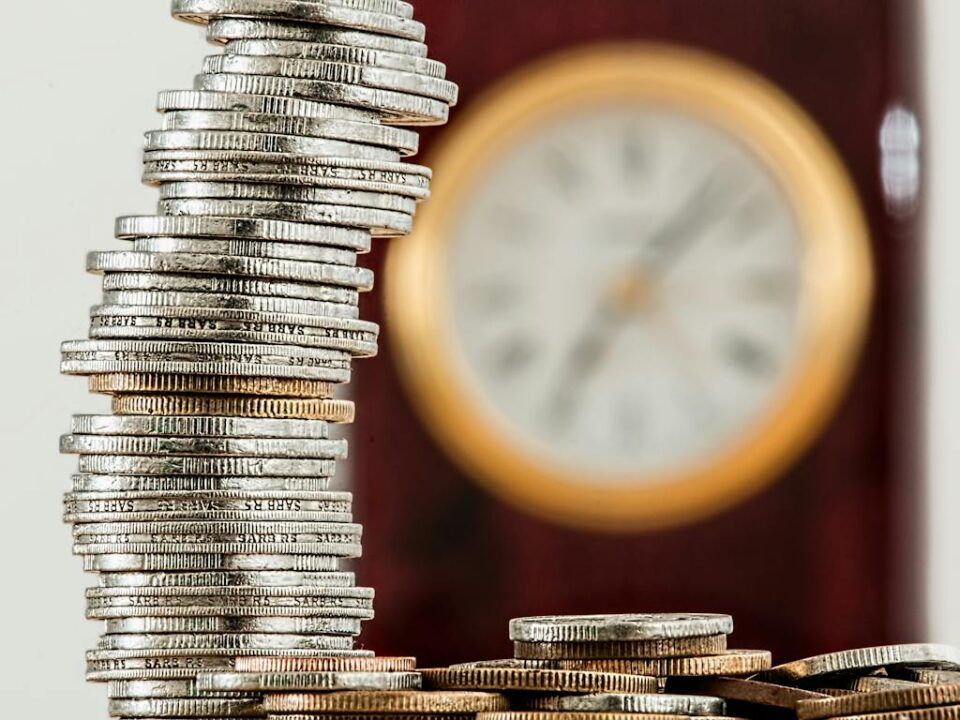Old coins hold historical value and a unique charm that collectors cherish. Preserving these coins requires special care to maintain their condition and aesthetic appeal. In this article, we’ll explore some simple maintenance tips to ensure the longevity of your treasured coin collection. From handling delicately to storing wisely, these suggestions will help you preserve your coins’ historical significance and value.
Handle with Clean Hands
Always hold old coins with clean hands to prevent transferring oils, dirt, or moisture onto the surface. Use cotton gloves to minimize direct contact and preserve the coin’s patina.
Avoid Cleaning with Abrasives
Refrain from using harsh cleaning agents on old coins. Scrubbing or polishing can damage the coin’s surface, diminishing its historical and monetary value. Instead, opt for gentle cleaning methods.
Store in A Controlled Environment
Proper storage is crucial for preserving old coins. Keep them in a cool, dry environment to prevent corrosion. Invest in acid-free holders, capsules, or holders made from inert materials to protect coins from exposure to air and environmental contaminants.
Limit Exposure to Air
Prolonged exposure can lead to oxidation and tarnishing. Store your coins in airtight containers to minimize contact with the atmosphere when not on display.
Use Silica Gel Desiccants
Place them in storage containers to absorb excess moisture. Moisture can accelerate the oxidation process, leading to the formation of tarnish on the coin’s surface.
Keep Coins in A Dark Place
Direct sunlight can cause discoloration and fading of old coins. Store them in a dark place or use UV-resistant holders to shield the coins from harmful light exposure.
Avoid PVC and Vinyl Holders
Refrain from using holders made of PVC or vinyl, as these materials emit gasses that can react with coins over time. Opt for holders made from inert materials that are safe for long-term storage.
Handle the Edges, Not the Faces
When you hold a coin, hold it by the edges rather than the faces. This minimizes the risk of fingerprints and helps maintain the coin’s overall condition.
Regularly Inspect Your Collection
Schedule periodic checks of your coins to catch any potential issues early. Look for signs of discoloration, corrosion, or changes in appearance. Prompt identification of problems allows for timely intervention.
Document Your Collection
Keep a detailed record of your coin collection, including the date of acquisition, historical significance, and any notable features. This is valuable for insurance purposes and enhances the overall appreciation of your collection.
Seek Professional Advice
If you are still determining the best preservation methods for a specific coin, seek advice from professional numismatists or conservators. They can provide tailored guidance based on the coin’s material, age, and condition.

